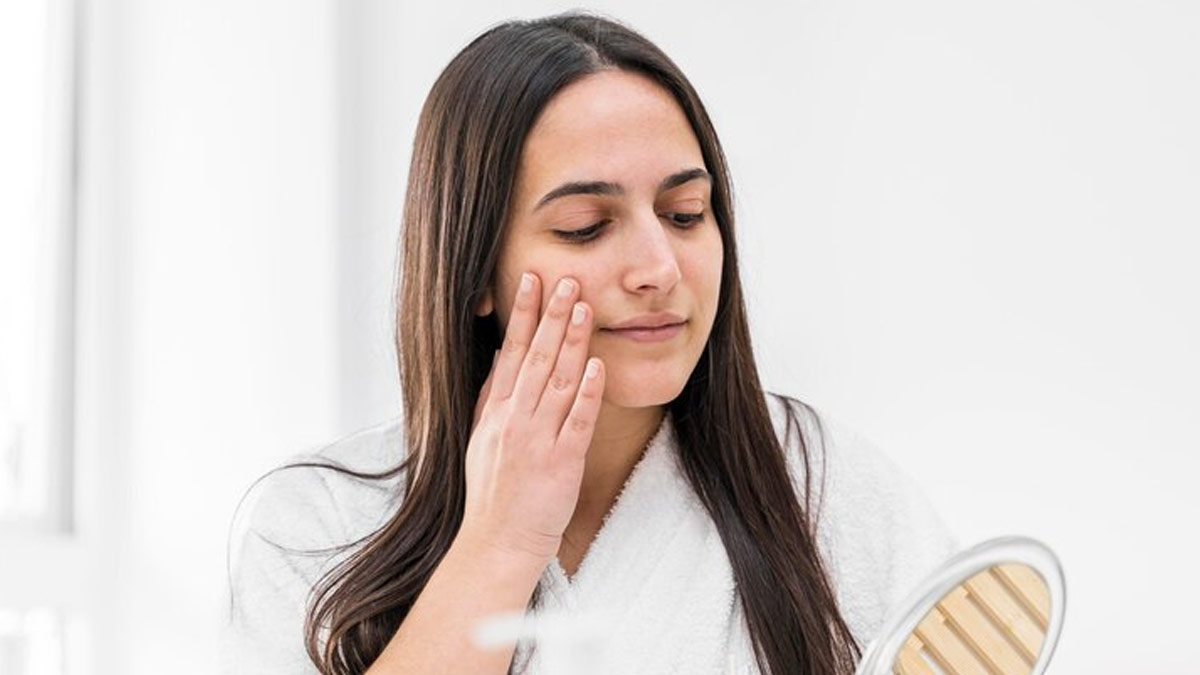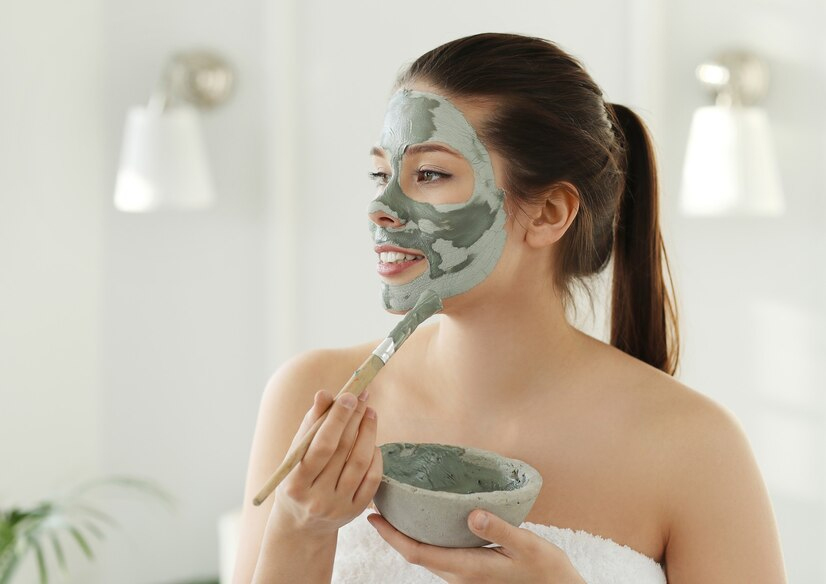
As temperatures rise and humidity drops, our skin often bears the brunt of these environmental changes. The combination of heat and dryness can lead to dehydration, irritation, and premature ageing. A lot of people struggle with these issues during adverse weather conditions. If you are also one of them, here is a comprehensive guide by expert dermatologist and Doctor influencer Dr Tanya S Dubey on how to prepare your skin for hot, dry weather and keep it hydrated throughout the season.
Understanding the Impact of Heat and Dryness on Skin
Before diving into skincare strategies, it’s crucial to understand how heat and dry weather affect your skin:
- Dehydration: High temperatures and low humidity can strip moisture from the skin, leading to dryness and flakiness.
- Increased Oil Production: Paradoxically, the skin may produce more oil to compensate for the lack of moisture, leading to clogged pores and breakouts.
- Barrier Damage: The skin’s protective barrier can become compromised, making it more susceptible to irritation and environmental damage.
- Accelerated Aging: Chronic dehydration and sun exposure can contribute to the breakdown of collagen and elastin, accelerating the ageing process.
Also Read: A Guide To Non-Comedogenic Oils That Doesn’t Clog The Pores
Prepping Your Skin for Hot and Dry Weather
Hydrate from Within
- Water Intake: Drink plenty of water throughout the day to maintain hydration. Aim for at least 8 glasses a day, more if you’re active or sweating excessively.
- Diet: Incorporate water-rich foods such as cucumbers, watermelon, and oranges into your diet. These not only provide hydration but also essential vitamins and antioxidants.
Gentle Cleansing:

- Mild Cleansers: Use a gentle, hydrating cleanser that doesn’t strip the skin of its natural oils. Ideally, you should look for facial cleansers that have hyaluronic acid, glycerine and ceramides.
- Avoid Using Hot Water On Face: Hot water can dehydrate and irritate the skin. Therefore, always use lukewarm water to wash your face.
Also Read: Ice Water Facials: Surprising Benefits of Dipping Your Face in Ice Water
Effective Moisturization:
- Hydrating Ingredients: Opt for moisturisers containing hyaluronic acid and glycerin. These are great for retaining skin’s moisture.
- Occlusives: Use moisturisers with occlusive ingredients like petrolatum, dimethicone, or shea butter to seal in moisture and protect the skin barrier.
- Layering: Consider layering your moisturiser over a hydrating serum for an added boost of moisture. Apply the serum first, followed by your moisturiser.
Sun Protection:
- Sunscreen: Apply a broad-spectrum sunscreen with at least SPF 30 every morning, regardless of whether you’re indoors or outdoors. Keep applying sunscreen every two to three hours if you’re outside.
- Protective Clothing: Wear wide-brimmed hats, sunglasses, and long-sleeved clothing to shield your skin from the sun’s harmful UV rays.
Nighttime Care:
- Repairing Serums: Use serums containing antioxidants like vitamin C, niacinamide, or peptides to repair and protect your skin from environmental damage.
- Overnight Masks: Consider using an overnight hydrating mask once or twice a week to replenish moisture levels while you sleep.

Keeping Your Skin Hydrated
Humidifiers:
Indoor Environment: Use a humidifier in your home, especially in your bedroom, to maintain humidity levels and prevent skin from drying out.
Avoid Harsh Products:
- Exfoliation: Limit exfoliation to once or twice a week to avoid over-stripping the skin. Choose gentle exfoliants like lactic acid or enzyme-based products.
- Alcohol-based Products: Avoid toners and astringents with high alcohol content, as they can further dehydrate the skin.
Also Read: How Bad Is Alcohol In Your Skincare Products
Stay Cool:
- Cooling Sprays: Carry a facial mist or cooling spray to refresh and hydrate your skin throughout the day. Look for products with ingredients like aloe vera or thermal spring water.
- Cool Showers: Take cool showers to help lower your body temperature and prevent excess oil production.
Lifestyle Adjustments:
- Clothing: Wear loose, breathable clothing made of natural fibres like cotton to minimise sweat and irritation.
- Shade: Seek shade whenever possible to reduce direct sun exposure and overheating.
Conclusion
Prepping your skin for adverse heat and dry seasons requires a proactive and consistent approach. By understanding the impact of environmental factors on your skin and adopting a tailored skincare regimen, you can keep your skin hydrated, healthy, and glowing throughout the year. Remember, the key is to maintain hydration, protect the skin barrier, and prevent damage from the sun and heat. For personalised advice and treatments, consult with a dermatologist who can tailor recommendations to your specific skin type and concerns.
How we keep this article up to date:
We work with experts and keep a close eye on the latest in health and wellness. Whenever there is a new research or helpful information, we update our articles with accurate and useful advice.
Current Version